
During Basel Art Week 10–14 June, a new exhibition platform called June will be launched, a mere two-minute walk from the entrance to the main art fair, Art Basel. June will be collectively organised by fifteen participating international galleries, and is initiated by two Nordic gallery owners: Esperanza Rosales from VII, VII in Oslo, and Christian Andersen, who runs the eponymous Copenhagen gallery. Both have participated at Liste, the art fair for younger galleries, since 2012, but this year, they decided to do something else. At June, although the galleries will, for the most part, have their own areas, there will be one or two areas where the projects bleed into each other, and there will be a complete absence of walls separating galleries in the main space. “As strange as it might sound, selling feels less important to us with this project, than having a new place, platform and context to represent our programs in Basel,” Rosales and Andersen told Kunstkritikk, adding that they hope to offer audiences “a place of respite, reflection, and pause during the busiest art week of the year.” Read the story in Danish, and see the full list of participating galleries here.

Pussy Riot members granted asylum in Sweden
On 30 April Pussy Riot members Lusine Djanyan and Alexey Knedlyakovsky informed the media that they have been granted asylum in Sweden, along with their two children. The Russian artists’ plea for asylum was previously rejected in December 2018, but the Swedish migration board finally chose to listen to their appeal. “It makes me happy that my children will be able to grow up in safety, in particular considering the development in our homeland,” said Djanyan to the Swedish broadcaster SVT. In their claim for asylum, Djanyan and Knedlyakovsky, who have been seeking refuge in Sweden since 2017, described an increasingly threatening situation in Russia, stating that they received death threats and were harassed in the streets by strangers. They consider the persecution they experienced to be politically motivated, and a direct consequence of their participation in Pussy Riot’s political actions. In 2014, both were severely beaten by Ultra-nationalist Cossacks attacking the Pussy Riot protest against the Winter Olympics in Sochi. Knedlyakovsky was the only male participant in the protest, wearing a dress in solidarity with the LGBTQ movement. In 2016, Knedlyakovsky was jailed for fifteen days after attaching a wooden cross to a statue of Felix Dzerzhinsky, former head of the Russian security services.

Bergen Assembly takes a stand against far-right ideology
On 9 May, former executive chairman of the far-right Breitbart News Network and former White House Chief Strategist Steve Bannon was interviewed onstage at the Nordic Media Festival in Bergen, despite the criticism that the festival has drawn since February, when it launched this year’s programme with Bannon figuring as one of the main attractions. Earlier this week, the contemporary art triennial Bergen Assembly joined the critics, publishing an open letter to the Nordic Media Festival’s director Guri Heftye, asking her to withdraw Bannon’s invitation. “I am sorry to say so, but it is incredibly naïve to believe that critical journalism has the capacity to handle someone like Steve Bannon on a stage,” Hans D. Christ, artistic director of Bergen Assembly 2019 said to Kunstkritikk. In collaboration with co-director Iris Dressler and Bergen Assembly’s core group, Christ penned the open letter, stating that “Bannon’s participation in the Nordic Media Days can only have the effect of supporting his current European mission, effectively instrumentalizing the festival as a platform for spreading a repugnant ideology.” Read the story in Norwegian here.
No funding without artist fees
“No support for applications without artist fees,” the new Council for Visual Arts in the City of Copenhagen stated in a press release on 6 May. One of the first tasks that the Council, which was established in February this year, was presented with, was to sharpen the criteria for exhibition funding. To show its support for an increased focus on artists’ working conditions, the Council has decided that it will only support projects where artist fees are explicitly included in the application budget. “By making this decision, we want to stress that artists should be paid for their work,” says Hannah Anbert, artist and member of the Council. “Those who create the artistic content should expect to be compensated, just like those holding other positions at the exhibition venue. This is a cultural change that demands that the institutions, large or small, get used to including artist fees in their budgets,” Anbert says.

Bonniers Konsthall launches an annual curator award
The Stockholm-based contemporary art venue Bonniers Konsthall recently announced its first annual Curator Award. In a press release, the konsthall declared that it sees the award as a means to “encourage new endeavors in the field of curating in the hopes of facilitating new trajectories.” Applicants are invited to submit a draft proposal for projects in and around Bonniers Konsthall’s “Gallery 1.” Four candidates will then be asked to refine and reinforce their proposals together with Bonniers Konsthall staff, and a jury consisting of Elena Filipovic, Omar Kholeif, and Magnus af Petersens will select a winning proposal. The four finalists will receive a bursary of 1,000 EUR for their work, and the winning proposal will be awarded a stipend of 4,000 EUR. The winner will also be given all necessary institutional support in the organization of their exhibition. Although it “welcome[s] proposals from curators of all ages and regions,” Bonniers Konsthall states that preference will be given to “individuals who would benefit most from the professional development.” Deadline for applications is 15 June 2019. The winning proposal will open at Bonniers Konsthall on 21 April 2020.
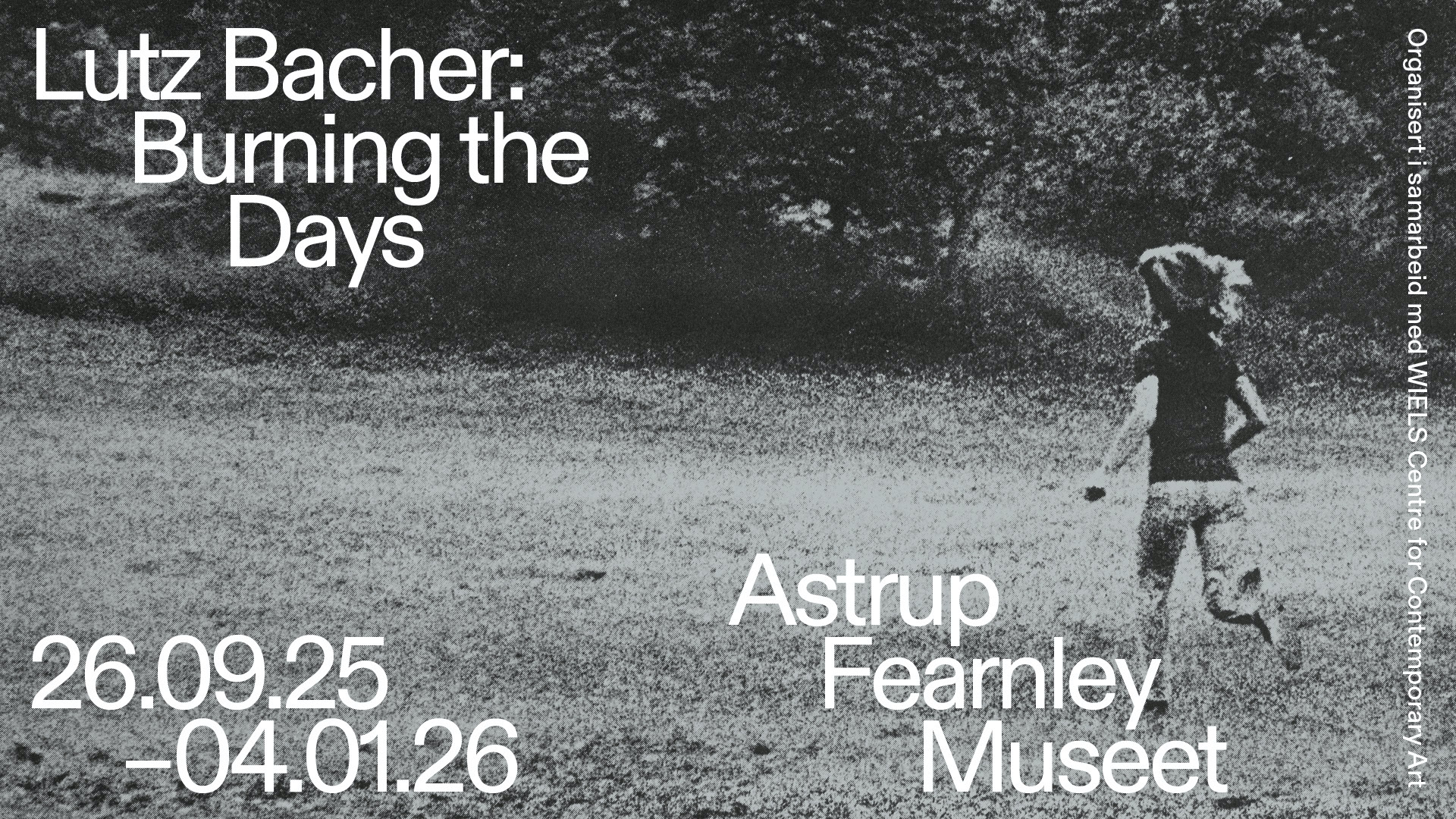
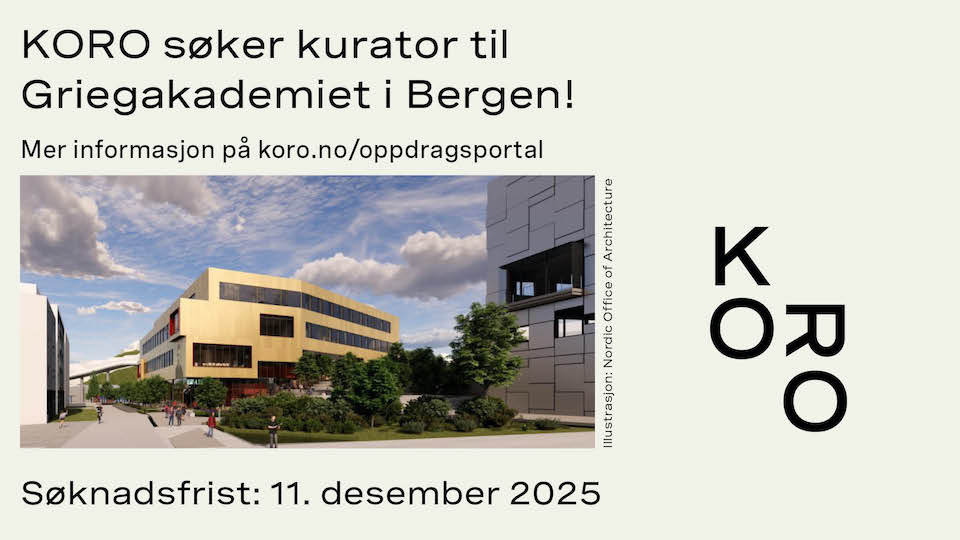
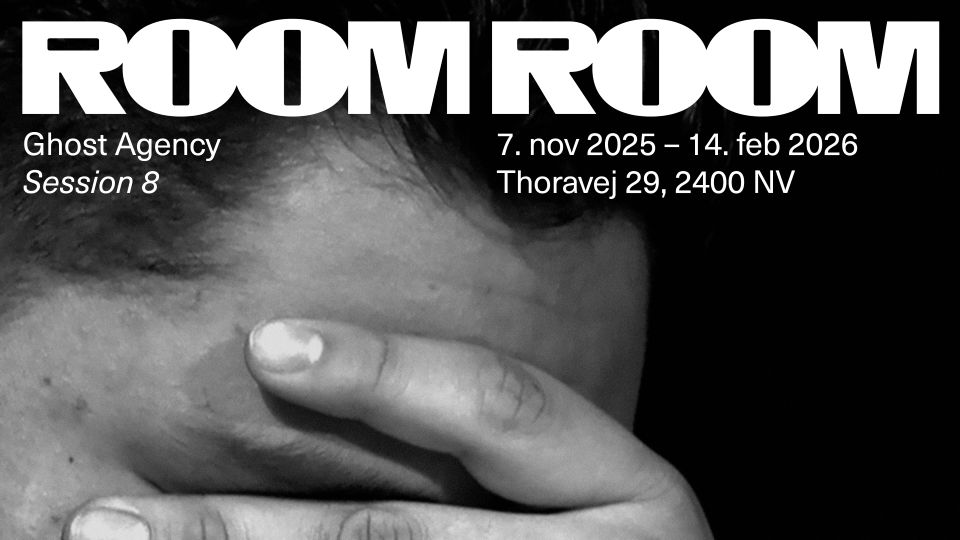


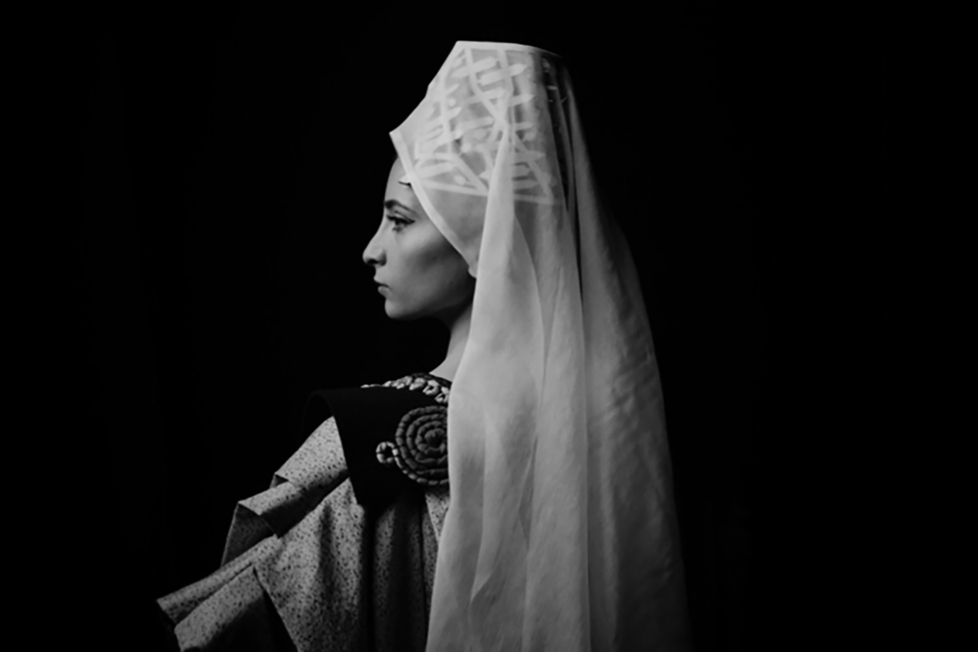
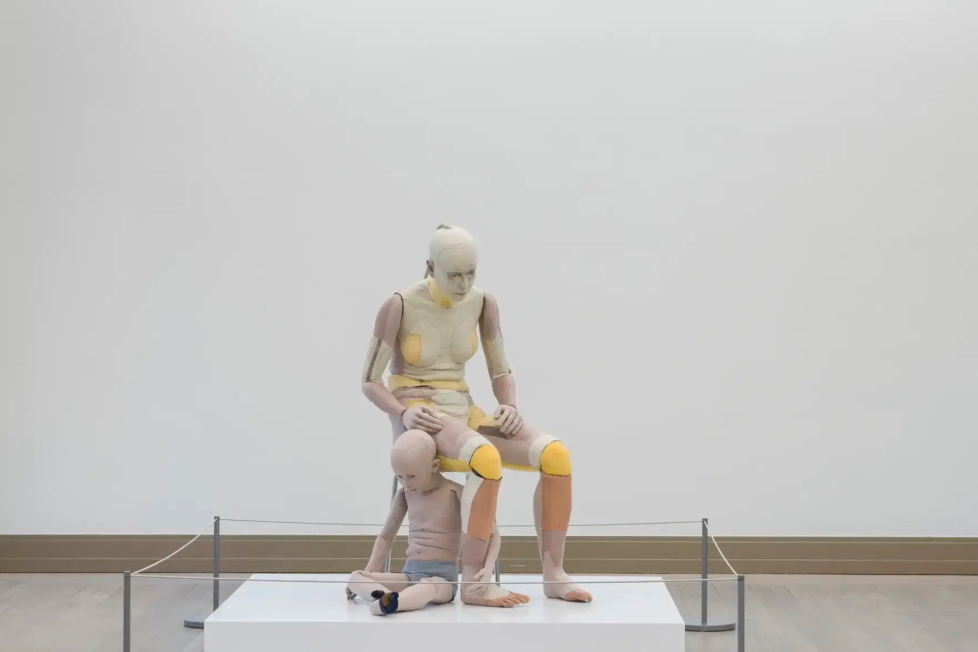
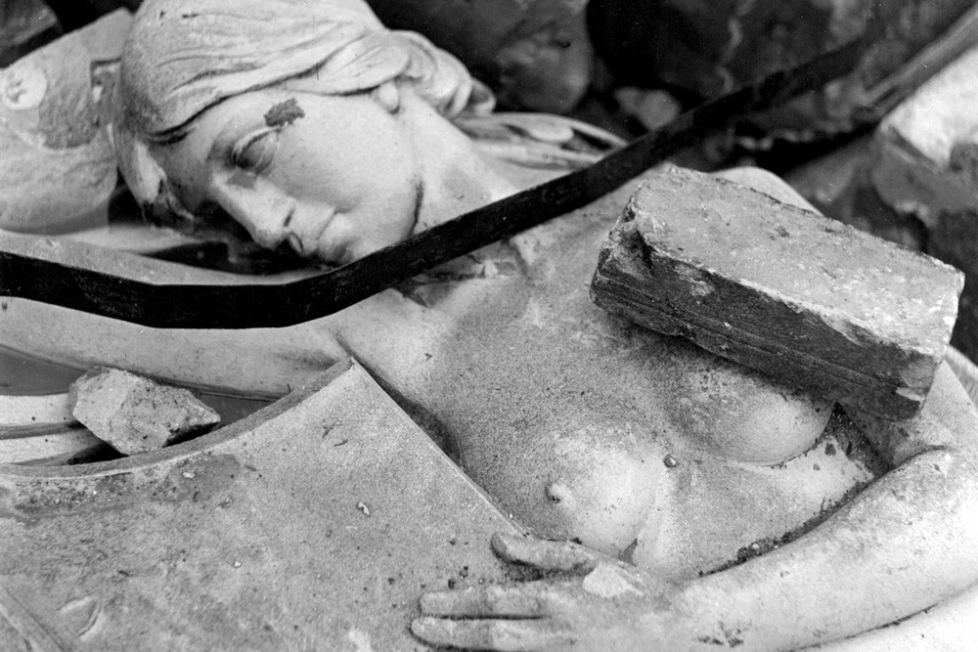
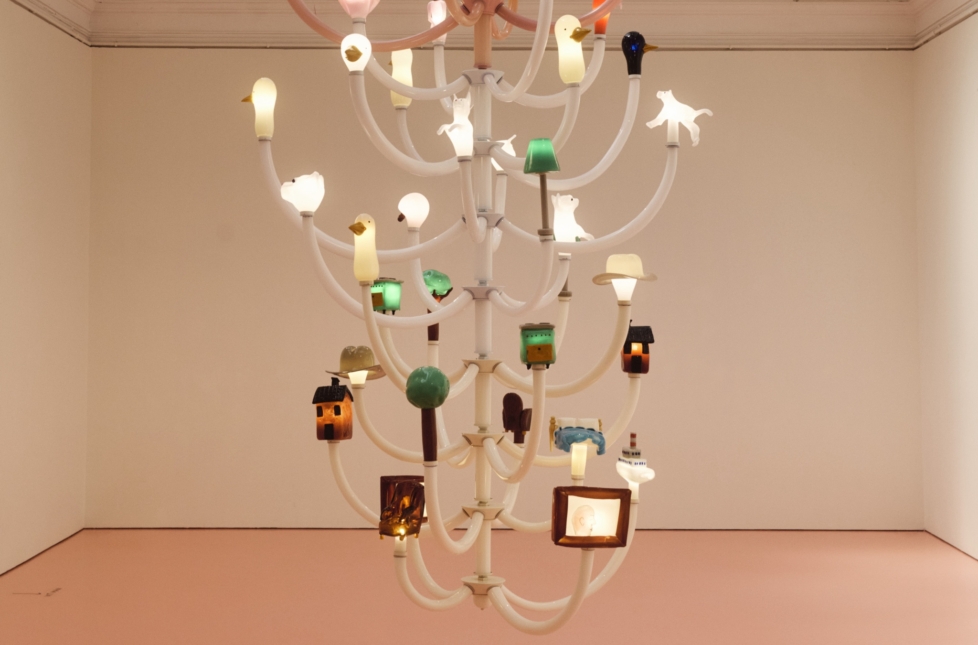
Comments